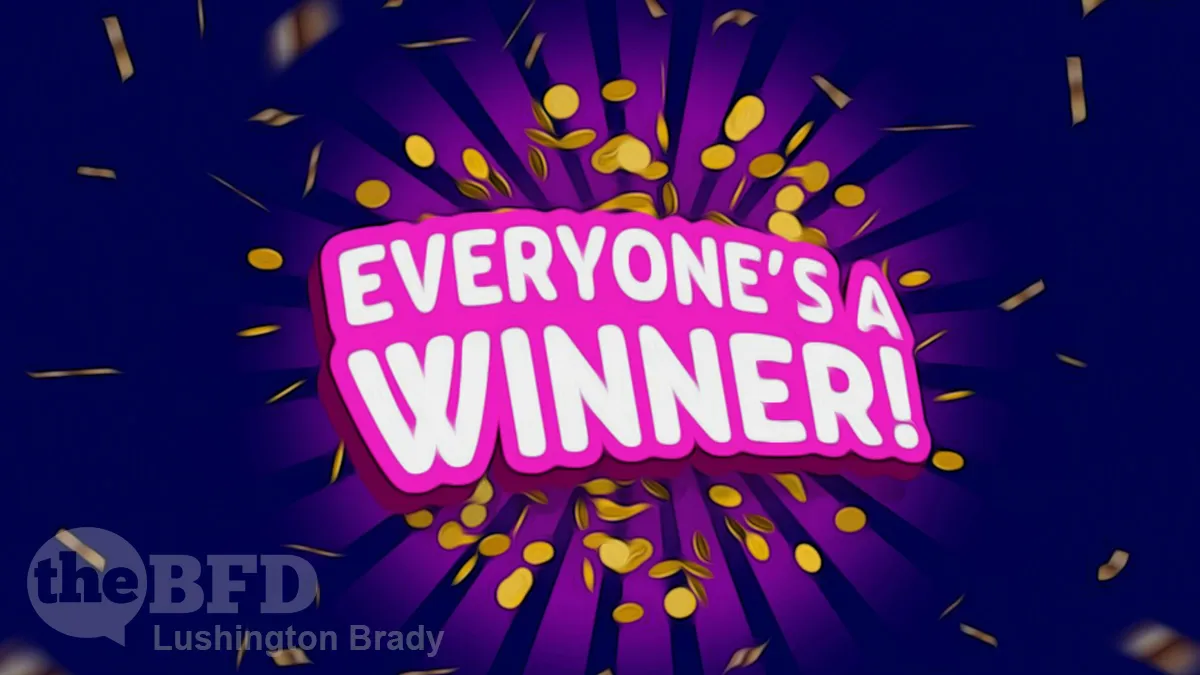Table of Contents
The Flynn Effect is the observation that IQ scores have risen with successive generations. But that doesn’t mean the children of today are necessarily any smarter than children 100 years ago. In fact, there’s plenty to indicate otherwise.
For instance, peruse school reading lists. Required reading texts have got simpler in structure and sparser in vocabulary. If they’re actual texts at all: now, even a movie or comic strip is a “text”.
Beatrix Potter, writing for the very youngest readers, didn’t shy away from words like “soporific”. I’m not confident that even many adults today would readily grasp such a word. Of course kids wouldn’t — but they would be expected to be able to either work it out or look it up (I remember having to turn to the dictionary to look up “dolorous”, when reading a book on King Arthur as a pre-teen).
Nowadays, having to look things up is, like, against their human rights or sumfink. And don’t even expect them to pass an exam.
Maitland Jones Jr., a chemistry professor at New York University who also taught for four decades at Princeton, was fired in August after undergraduate students circulated a petition complaining that his course was too difficult.
Dozens of the college students, many of them aspiring doctors, signed on to the petition in the spring.
“We are very concerned about our scores, and find that they are not an accurate reflection of the time and effort put into this class,” the petition read, according to the New York Times.
On the contrary, I’d say they’re probably a very accurate reflection of the time and effort they’ve put in: to whit, sweet f-a.
Jones, 84, told the New York Times that he started seeing a loss of focus among students about a decade ago, but the problem was exacerbated by the coronavirus pandemic in 2020.
“They weren’t coming to class, that’s for sure, because I can count the house,” Jones told the newspaper. “They weren’t watching the videos, and they weren’t able to answer the questions.”
Fox News
“Students were misreading exam questions at an astonishing rate,” Jones, who authored the 1,300-page textbook “Organic Chemistry,” wrote in a grievance to NYU obtained by the Times.
New York Post
This is the chickens of the Everyone-Gets-A-Prize generation coming home to roost.
These are kids who’ve been told all their lives that they’re special, unique, winning prizes for just showing up.
Jones isn’t alone in observing this dynamic. A great many experts in education have observed and quantified grade inflation and lowered academic standards. And the pandemic does seem to have turbocharged existing problems, while creating brand-new ones. Remote learning was a spectacular failure.
Students who completed their high school years during the pandemic, Jones observed in the Times report, seem to have no idea how to study. And some of the student complaints laid out in the petition might strike those of us who went to college in the Before Times as a bit unrealistic: They noted that Jones did not offer extra credit and that he did not make his lectures available via Zoom.
Jones was also, according to some students, harsh, sarcastic and dismissive; he did not seem to be the kind of professor who went out of his way to help struggling students, expecting them instead to work as hard as necessary to meet his exacting expectation.
CNN
Well, diddums.
When I returned to study as an adult, I had a teacher who was much the same. I noticed that the fresh-out-of-high-school kids reacted with indignation and tears. On the other hand, I thought to myself, “This guy knows what he’s talking about — if he bags my work, I ought to pay attention and fix it”.
Meanwhile: just how confident will you feel, knowing that the surgeon about to open you up, or the engineer designing the plane you’ll fly on, couldn’t pass a rigorous exam? But, hey, at least their self-image is intact. Their feelings are all that matters, right?









